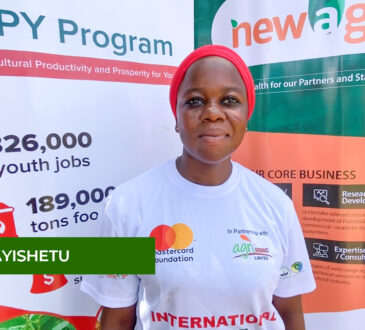
In a groundbreaking session of the Public Accounts Committee of the Parliament of Ghana on Monday, August 12, 2024, the Electricity Company of Ghana (ECG) showcased its newfound financial independence, largely credited to the strategic leadership of its recently appointed Managing Director, Samuel Dubik Mahama.
This transformation marks a significant shift in the operations of ECG, a company that has long struggled with financial instability, particularly in its dealings with Independent Power Producers (IPPs).
Samuel Dubik Mahama, a seasoned professional with a robust background in law and the energy sector, assumed the helm of ECG at a time when the company was grappling with legacy debts and payment inconsistencies to IPPs. A partner at Dubik and Associates law firm, Dubik’s experience spans over a decade in executive roles within Ghana’s business landscape, including significant contributions in both the private and public sectors. His tenure at the Ghana Investment Promotion Center (GIPC) and his extensive work with international energy companies laid a strong foundation for his current role at ECG.
During the Committee’s session, Hon. Kofi Adams, MP and a member of the Public Accounts Committee, raised concerns regarding the financial health of ECG and its ability to meet its obligations to IPPs. In response, Mr. Dubik confidently outlined the strides ECG has made under his leadership. He revealed that, thanks to successful renegotiations with the IPPs, ECG has been able to meet its monthly payment obligations without fail. This is a significant achievement, considering the company’s historical challenges in this area.
Dubik explained that ECG’s ability to independently pay the IPPs is a result of diligent financial management and strategic renegotiations. “Currently, ECG is able to pay the IPPs from its side, per the conversations we’ve had with them,” he stated, emphasizing that any government payments would now address legacy debts rather than current obligations. This move towards financial autonomy not only strengthens ECG’s position but also restores confidence among the IPPs.
Despite the positive developments, Hon. Adams sought clarification on the discrepancies between the internal assurances provided by ECG and the concerns expressed by IPPs in public forums. Addressing these concerns, Dubik was unequivocal: “It is about their legacy debt. It has nothing to do with the month-on-month payments that ECG has promised to be making to them. On our side, we are doing what we have to do.”
The ECG Managing Director’s approach has been multifaceted, involving both operational reforms and financial restructuring. A key aspect of this strategy has been the collaboration with the Bank of Ghana to mitigate forex losses, a common challenge given that payments to IPPs are made in U.S. dollars. Dubik highlighted the support ECG receives from the central bank, ensuring that the necessary foreign currency is available to meet these obligations.
Dubik’s leadership has not only brought about a much-needed transformation within ECG but has also set a precedent for how state-owned enterprises can operate efficiently and independently. His extensive experience in consulting for energy, mining, and engineering firms, coupled with his legal expertise, has been instrumental in navigating the complex landscape of Ghana’s energy sector.
As ECG continues to stabilize its financial operations, the impact of Dubik’s leadership is evident. The company’s ability to honor its commitments to IPPs monthly without government intervention signals a new era of financial discipline and operational efficiency. Under his guidance, ECG is poised to become a model of excellence within Ghana’s energy industry.
Samuel Dubik Mahama’s tenure at ECG is a testament to the importance of strong leadership in turning around the fortunes of state-owned enterprises. With a focus on accountability, transparency, and strategic partnerships, he is paving the way for a more sustainable and reliable energy future for Ghana.
By Kojo Ababio







